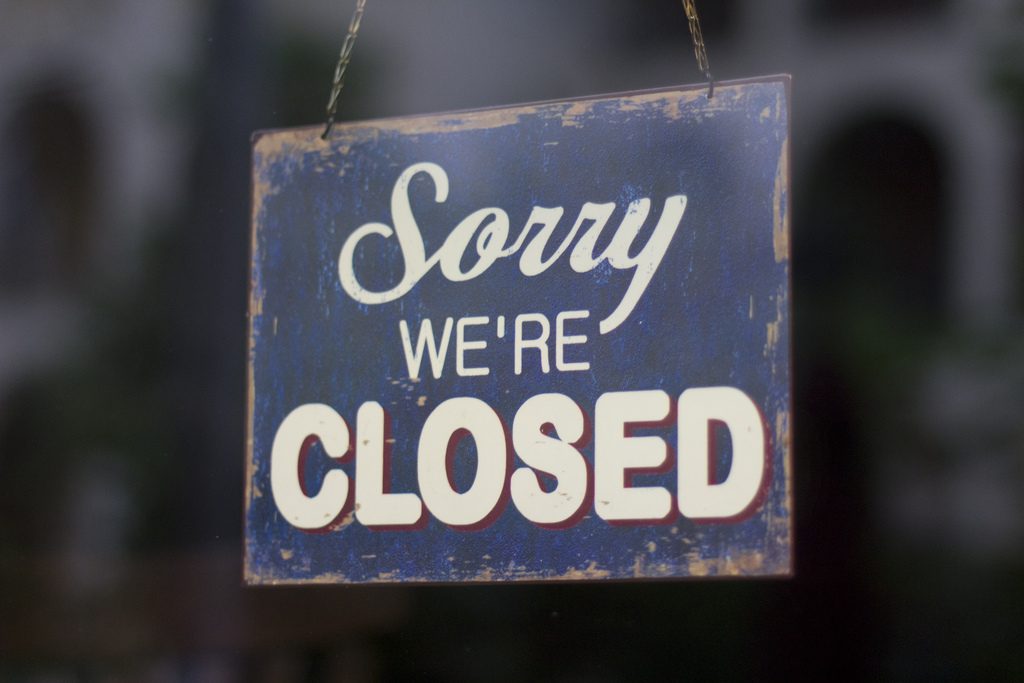Oh God please kill me now: The science behind cringing
I’m sure we’ve all done it. Maybe you’ve just finished a hard day at work and you’re just getting into your nice warm bed, or maybe you’re on your way to a party and looking forward to forgetting said hard day at work. Whatever it is, you are on the verge of having fun.
Then you remember it, that thing you did seven years ago, the thing you never really forget.
There’s nothing like a good cringe to not only ruin your day, but your confidence. it is an anxious, lonely place to be. What embarrasses us closes us off. If we’re feeling sad, we can reach out to somebody and tell them we’re sad. This usually allows us to feel less alone and perhaps rationalize our feelings with a sympathetic ear. This is, at times, considerably more difficult when it comes to cringing. How do you tell somebody that a badly timed cheeky nose pick in middle school is haunting you in the middle of the night?
A study by psychologists from the University of Michigan has shown that awkward moments activate the same part of our brain as physical pain. This is why we have such an adverse reaction to these thoughts that often manifests itself physically in the form of shudders, flinching and “Oh god why?!”’s.
Cringing is so much a part of our instinct that we do it even when we see embarrassing things happen to other people. This is called “vicarious embarrassment” and it is also linked to the pain matrix of the brain. The level of discomfort we feel for the person depends on how much we empathize with them.
So is there any upside to all of this? Does embarrassment and cringing serve any real purpose other than to make us feel awful and keep us awake at night?
First we must look at the reason we hate to feel embarrassed. Most of the time we feel awkward because we feel we have broken a social norm, such as hugging somebody for a little too long. As a result of this we fear we may be ostracized by our peers and labelled negatively. This goes against our innate need to be accepted and conform.
As mentioned earlier, this can make us feel bad about ourselves but research from the American Psychological association suggests that we consider feelings of awkwardness in other people to be a sign of trustworthiness. It shows a commitment to smooth social exchange and as well serves as a non verbal apology for social missteps. Displays of embarrassment are often perceived as a person’s underlying need to ensure another person’s comfort and welfare and to avoid behaviors that may damage that.
So, next time you’re planning to go live in a cave in the remote part of the world to escape whichever embarrassing moment is in mind, remember that it is only a learning process. The world of social etiquette is a scary, awkward place. One we are all learning. The goal is to want everybody to feel happy and comfortable in our presence, that’s why we hate to see other people feeling awkward too. As long as you’re making an effort to achieve that, you’re on the right track.
https://sciencephenomena.wordpress.com/2015/05/10/the-neurological-aspect-of-cringing/
http://ist-socrates.berkeley.edu/~keltner/publications/FeinbergWillerKeltner2012.pdf
http://splitsider.com/2011/04/the-science-behind-cringing/



Responses